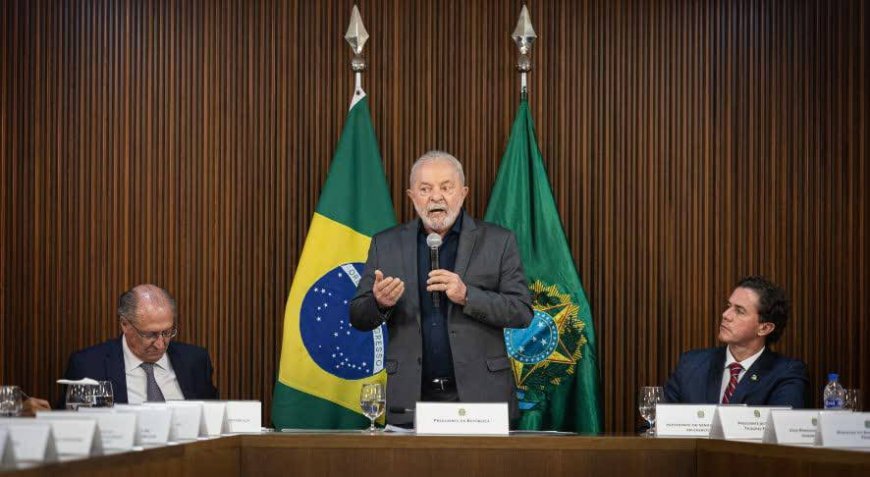A Rising Brazil: Shaping Global Equations and Challenging the Status Quo
Brazil, a large nation in the American continent, holds a distinguished position owing to its abundant resources and human capital. The Federative Republic of Brazil, encompassing a vast expanse of 5.8 million square kilometers and a population of 200 million, stands as the fifth largest and most populous country globally, surpassed only by Russia, Canada, China, and the United States. With its impressive economic growth, coupled with remarkable advancements across diverse sectors, Brazil has emerged as a leading economic powerhouse, securing the top spot in Latin America and the eighth position worldwide. This meteoric rise has propelled Brazil onto the global stage, compelling even its regional rival, the United States, to acknowledge Brazil's pivotal role in shaping Latin American foreign policy strategies.

Brazil's active engagement in international organizations and institutions, most notably its influential presence in OPEC+, constitutes a vital topic in global affairs, with significant implications for the energy market. Russia, in its pursuit of strengthening the OPEC+, has long sought to forge alliances with oil-producing nations, notably Brazil and Saudi Arabia. In December 2016, OPEC, alongside a coalition of non-OPEC producers, entered into an agreement to curtail production after enduring two years of plummeting oil prices. This collaboration between non-member states and OPEC successfully regulated the market by reassessing oil production and supply in 2017.
Independent countries against the international order established by the United States are not oblivious to other independent states, gravitating towards each other in an attempt to forge closer ties. In this regard, Russia endeavors to assemble a coalition of countries that challenge US hegemony. Brazil and India, among others, stand to benefit immensely from this approach, as it compels Western governments to court these independent governments, offering various concessions to prevent their alignment with Moscow. Upon expressing its desire to join OPEC+, Brazil's move prompted concerns from several Western governments. However, Brazil astutely clarified that it sought only observer status within the organization, signaling a balanced approach that garners favor from both the Western and Eastern blocs.
The conflict in Ukraine serves as a poignant illustration of the advantages that independent behavior like that of Brazil in international relations can yield for countries pursuing a self-determined path. In the fiercely competitive environment that has unfolded in international relations in recent years, the growing strength of non-Western organizations and institutions equips countries like Iran with stronger leverage. Brazil, skillfully navigating these emerging dynamics on the global stage, provides a valuable model for Iran to fortify its ties with Latin America.
By outpacing numerous countries worldwide in political, cultural, and economic realms, Brazil endeavors to redefine the global equation. In championing multilateralism, Brazil has posed a formidable challenge to the prevailing Washington-led unipolar world order. Embracing independent measures such as fostering closer ties with Eastern countries, actively seeking resolutions to the Ukrainian conflict, and pursuing membership in the OPEC+ organization, Brazil strives to expand its sphere of influence. In many ways, the coming year represents an opportune time for independent nations to exert their influence in international relations, as global powers engage in a decisive battle to shape the architecture of the new world order.
Brazil's ascent signals a seismic shift in the world's geopolitical landscape, underlining the emergence of alternative power centers and the disruption of the West's established norms. As the nation continues to navigate the intricate web of international relations, Brazil's trajectory serves as a testament to the evolving dynamics of global affairs. The world watches with bated breath as the pendulum swings, pondering the fate of the new world order and the role that Brazil will play in defining it.













































